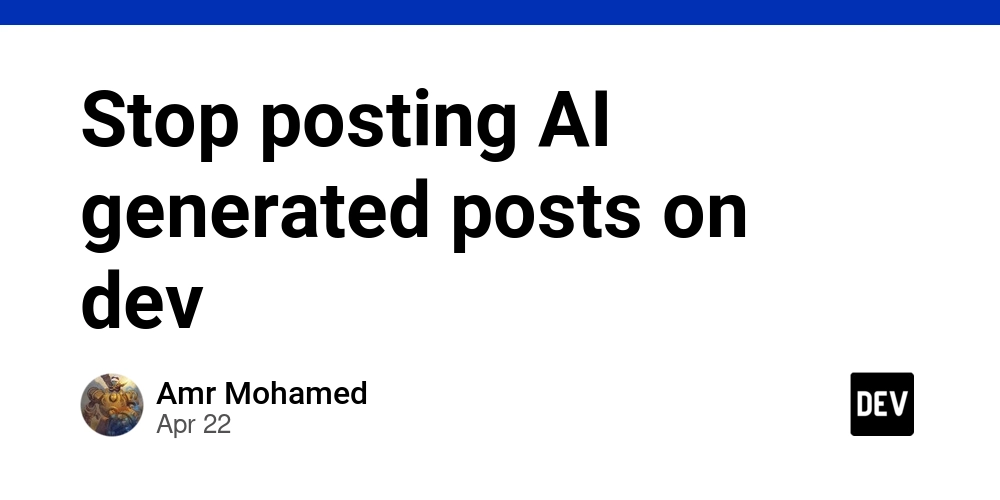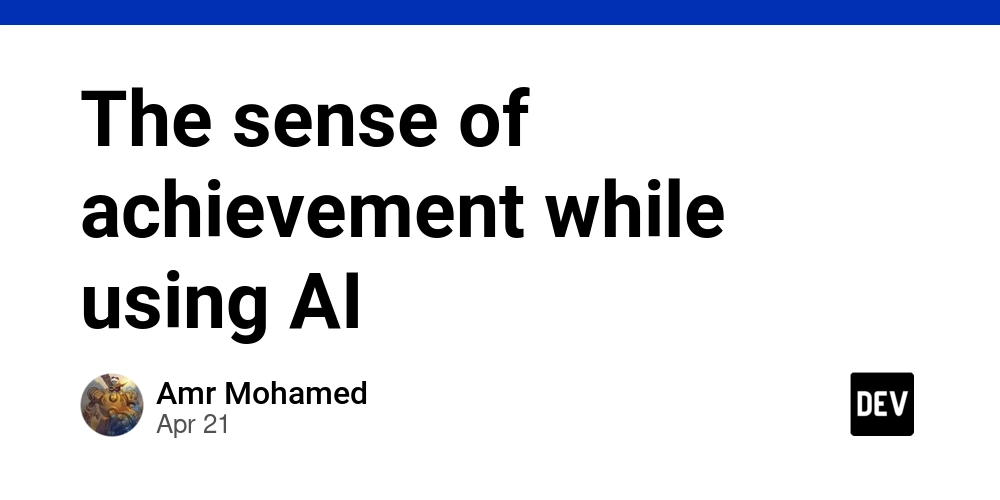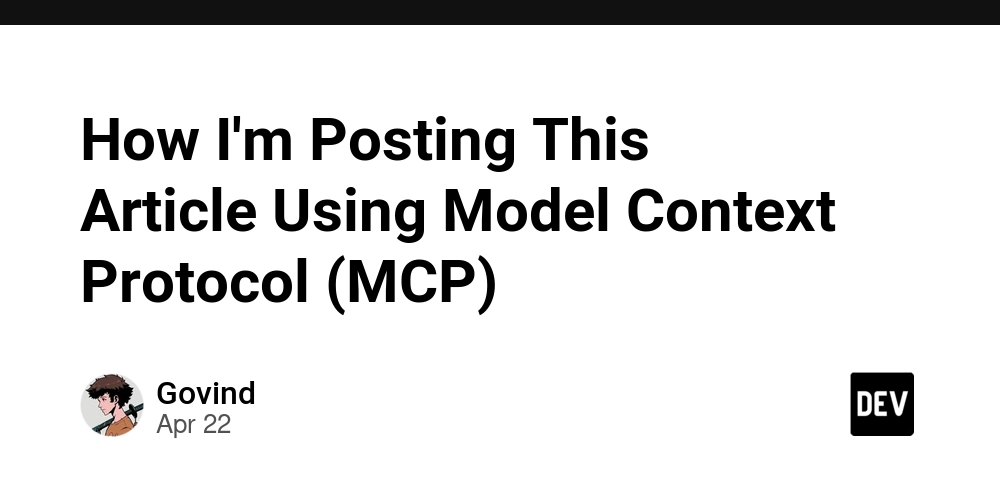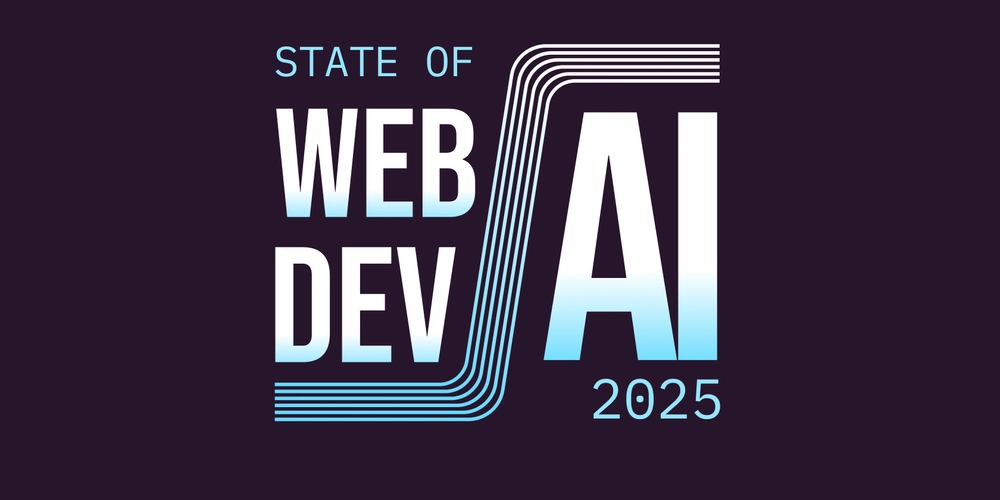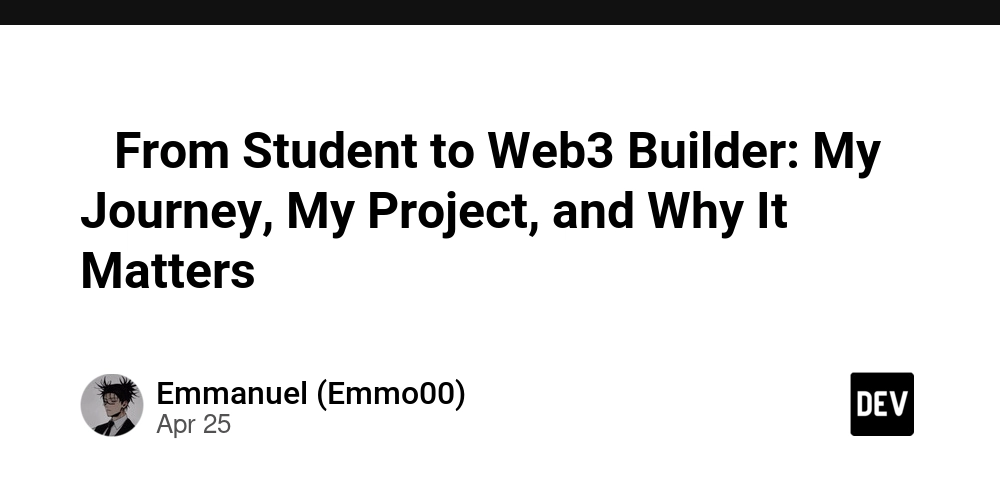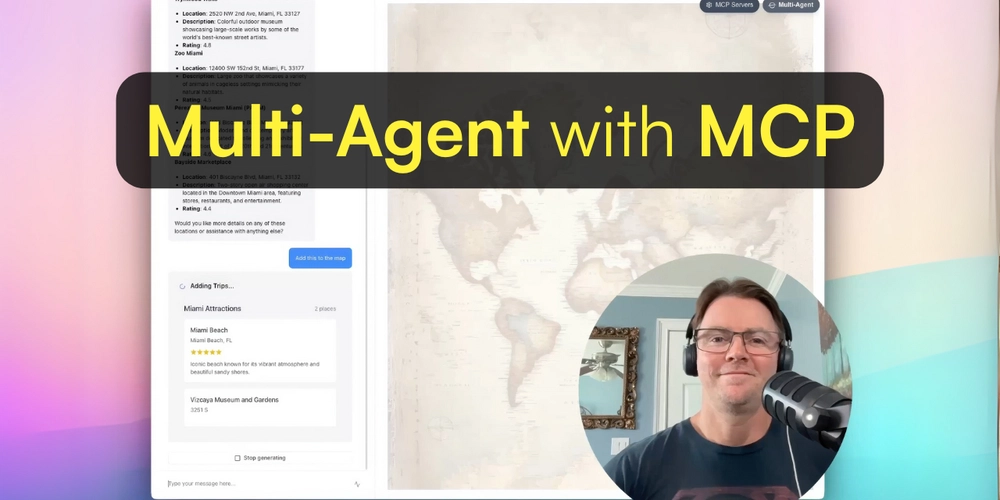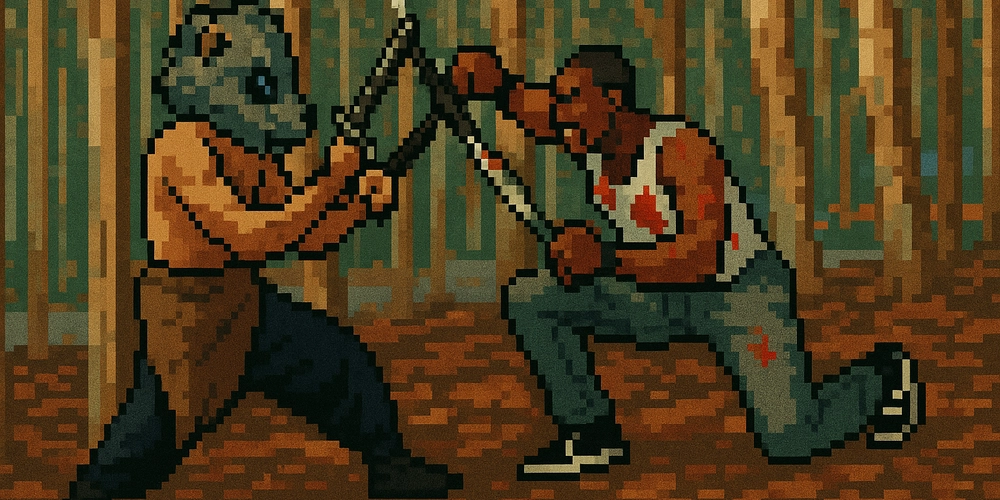Optimize Your Game Development: Deep Dive into the 'Kollect' Collection Library
Struggling with inefficient data structures in your game development project? Discover 'Kollect,' a powerful collection library designed to streamline workflows and boost performance. This article explores how 'Kollect' can revolutionize your game development process.
What is 'Kollect' and Why Should Game Developers Care?
'Kollect' is a specialized collection library created by Embark Studios and available on Github. It's built with the specific challenges of game development in mind. If you're working on data-intensive games, Kollect is definitely worth your attention.
- Optimized for gamedev: Enhance your game's performance by leveraging specialized collection designs.
- Open Source: Benefit from a community-driven project, constantly evolving and improving.
Diving into the Benefits: How 'Kollect' Improves Game Development
The Kollect library offers several advantages over standard data structures. It is particularly useful when you need high-performance collections and can really boost your game.
- Reduced Memory Footprint: 'Kollect' utilizes memory effectively, leading to better performance, especially on resource-constrained devices.
- Increased Performance: Optimizations within 'Kollect' translate to faster data access and manipulation, directly impacting gameplay smoothness.
- Simplified Development: Using a purpose-built library reduces the need for custom data structure implementations, saving time and effort.
Contributing to 'Kollect': Be Part of the GameDev Revolution
Embark Studios encourages community contributions to 'Kollect'. Help build the future of game development!
- Contributor Guide: Find detailed instructions on contributing to the project.
- Contributor Terms: Understand the licensing and guidelines for contributing effectively.
Any improvements to your game? Make the work visible and contribute if you can!
Licensing: MIT or Apache 2.0 – Your Choice
'Kollect' uses Dual licensing under either of:
- Apache License, Version 2.0
- MIT license
This dual licensing model provides flexibility and ensures broad compatibility with various projects. You get to chose which you like!
Getting Started with 'Kollect': A Practical Example for Game Devs
Let's imagine you are developing an open-world title and want to manage all the item drops within that world. Typically this would be handled with multiple generic arrays, but implementing Kollect for this can give you real performance boosts!
- Include the 'Kollect' library in your project.
- Replace any existing generic data structures with 'Kollect' equivalents where appropriate.
- Profile your game to identify performance gains and areas for further optimization.

